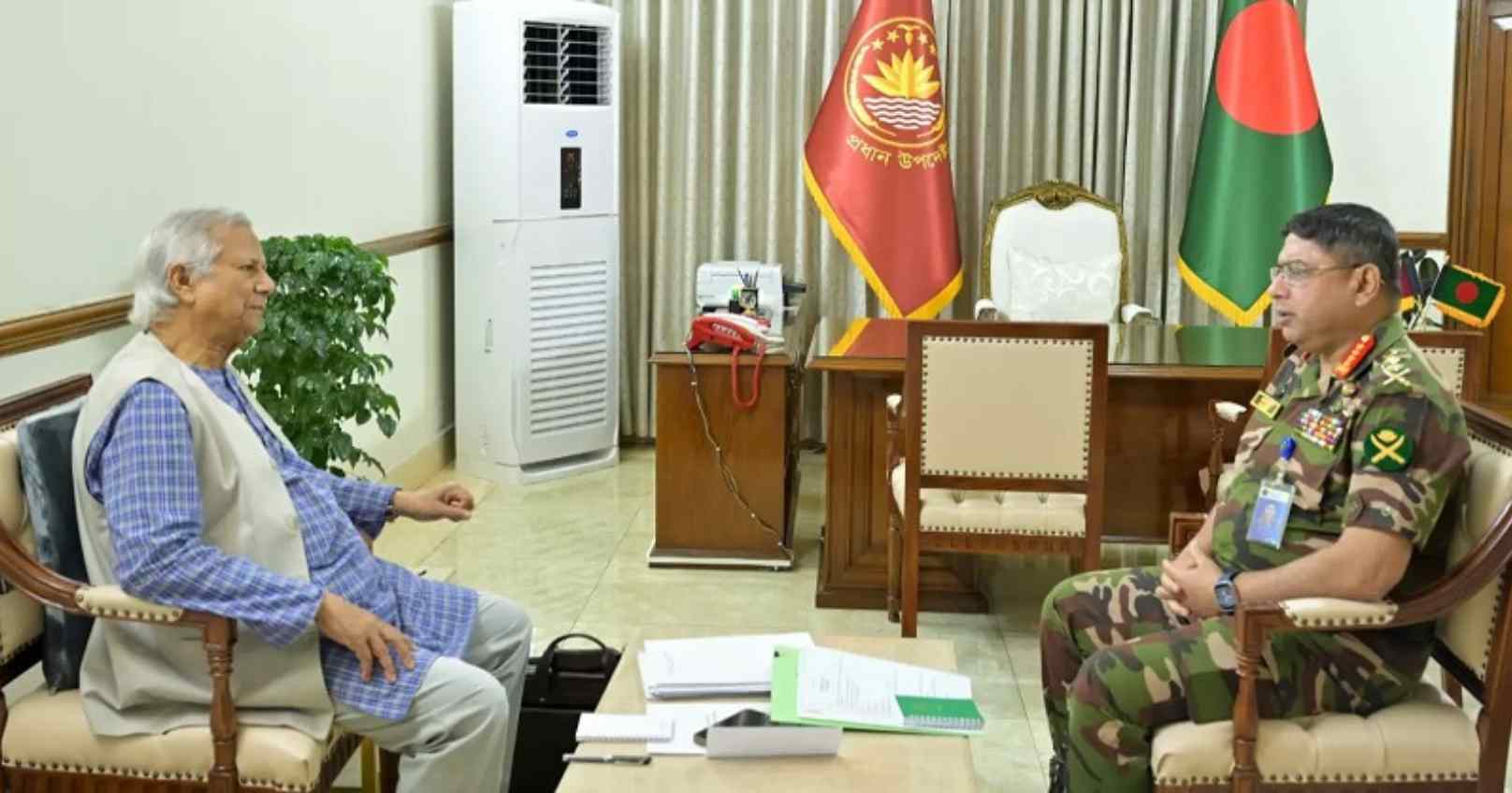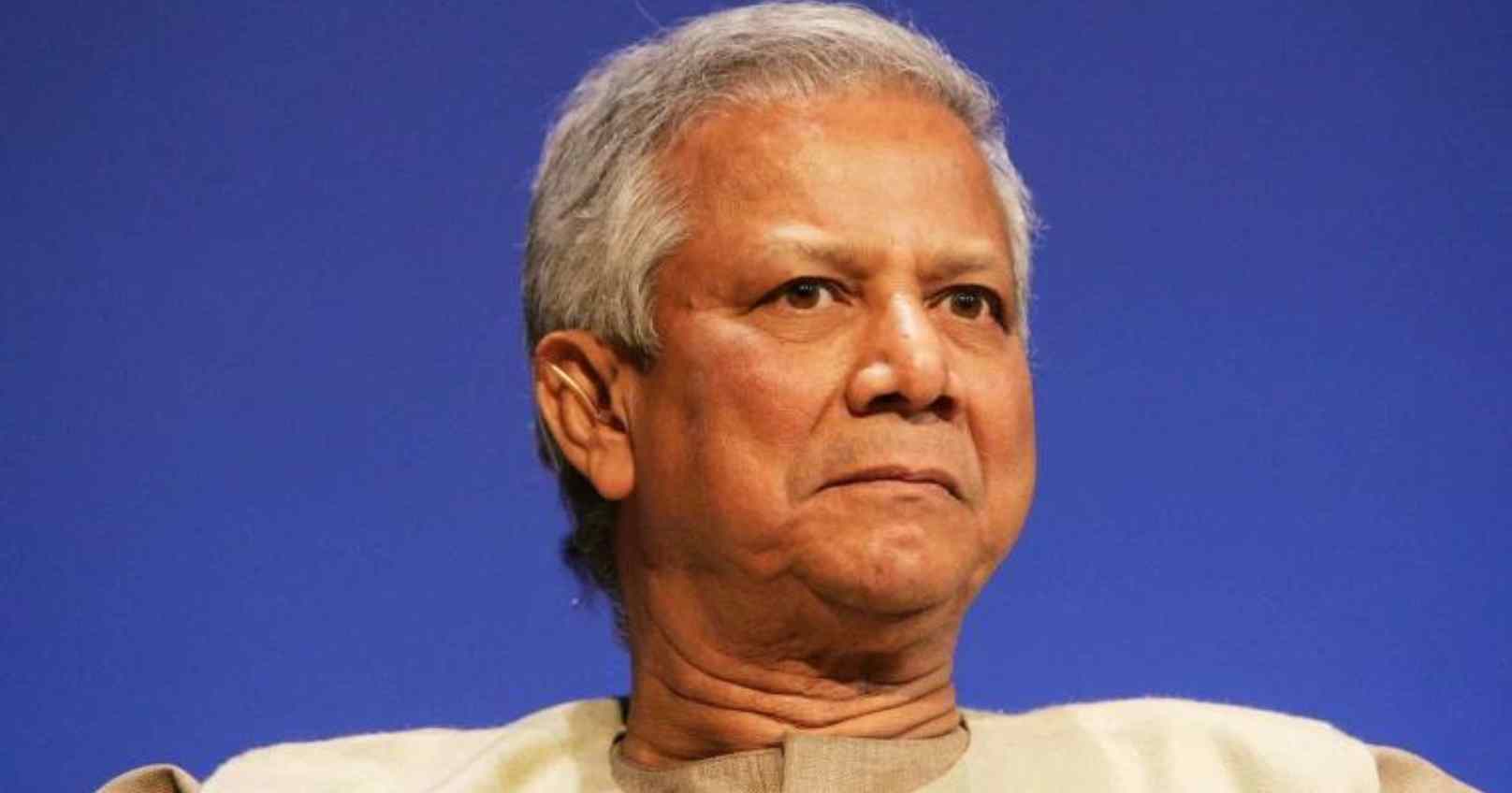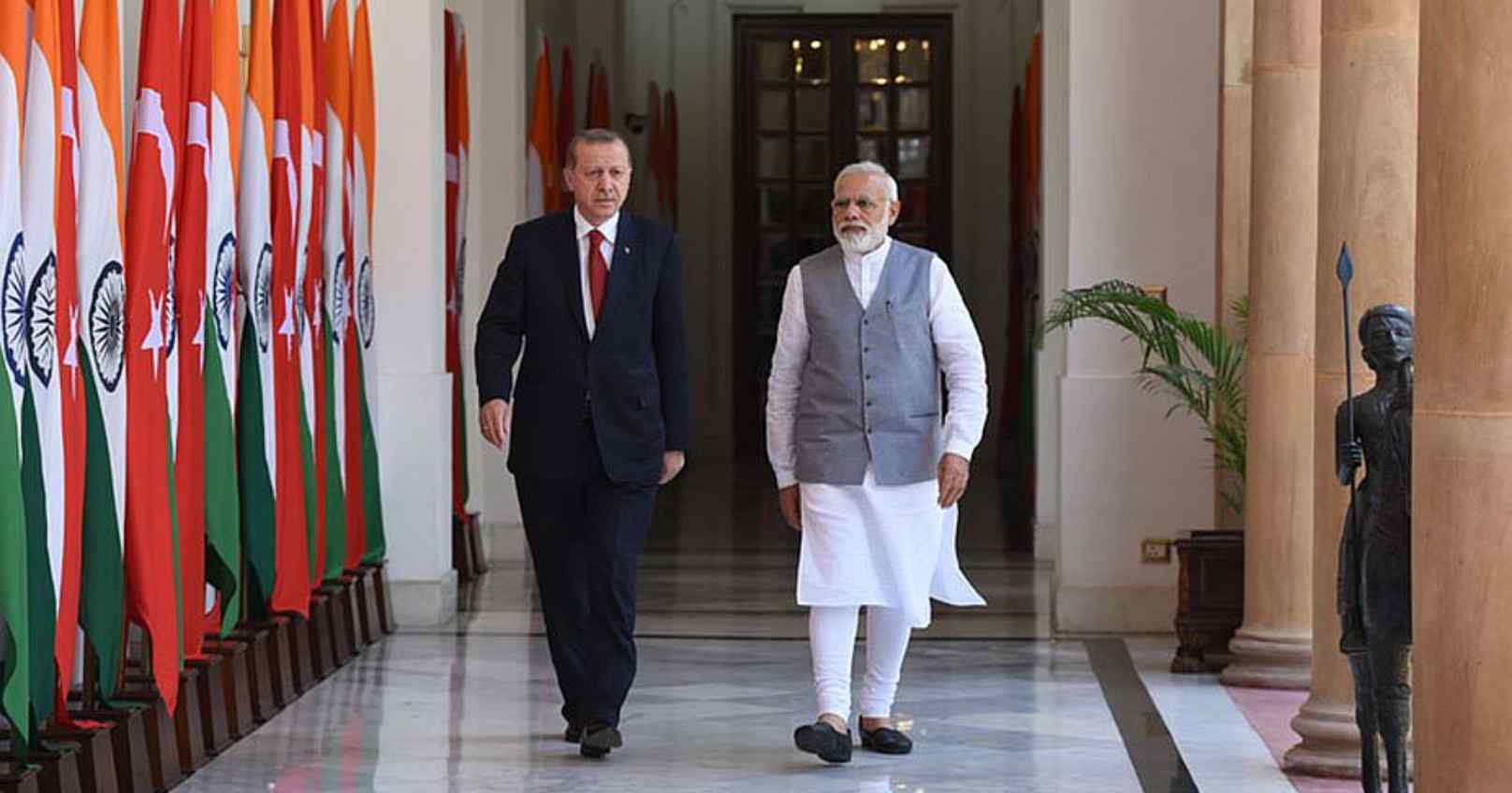The interim administration in Bangladesh, headed by Nobel laureate Muhammad Yunus, has walked back its initial support for a proposed humanitarian corridor into Myanmar's Rakhine State following a sharp rebuke from the military. The Army Chief, General Waker-Uz-Zaman, dismissed the plan as a “bloody corridor” and made it clear that any move threatening national sovereignty would not be tolerated.
The government had earlier expressed a tentative agreement to a United Nations-backed initiative that aimed to send aid into war-ravaged Rakhine through eastern Bangladesh. However, growing domestic backlash and warnings from the military have forced a rapid policy reversal.
General Zaman, in a firm message delivered on Wednesday, emphasized that Bangladesh’s national interest must be the top priority and called for a broad political consensus before taking such critical decisions. He urged the Yunus administration to stop bypassing the military on key national matters and to ensure timely elections are held to restore democratic legitimacy.
The proposal, originally announced by Foreign Adviser Touhid Hossain, faced intense criticism not only from the military but also from political parties and civil society. Critics argued the plan could compromise Bangladesh's sovereignty and was being encouraged by Washington for strategic purposes, possibly to counter China's growing influence in the region.
Concerns also arose that the aid route might become a cover for foreign military or intelligence activity. These fears were amplified by Bangladesh’s own struggle to host more than a million Rohingya refugees who have fled violence in Rakhine over the years.
In a statement aimed at diffusing tensions, National Security Adviser Khalilur Rahman clarified that the government had not entered into any formal discussions about the corridor and denied any firm commitment had been made. He maintained that the UN only requested Bangladesh's help in sending aid to the border area, not across it.
This marked a clear departure from Hossain’s earlier remarks in April, in which he stated that the transitional government had agreed “in principle” to the project.
Opposition voices, including the Bangladesh Nationalist Party (BNP) led by Tarique Rahman, condemned the initial decision. Rahman accused the interim government of acting without transparency or legitimacy and insisted that only an elected parliament should make decisions impacting national sovereignty.
Security concerns related to the Rohingya refugee influx, including the risk of arms trafficking and rising crime, have compounded public resistance to the corridor plan. Over 1.3 million Rohingya are currently residing in Bangladesh, with new arrivals continuing to strain resources and infrastructure.
Former diplomats and strategic experts have also cautioned against Bangladesh becoming entangled in global rivalries. Munshi Faiz Ahmad, a former ambassador, warned that allowing foreign access under the guise of humanitarian aid could lead to long-term repercussions for the country’s autonomy and foreign policy balance.
In light of mounting opposition and a visibly assertive military leadership, the Yunus government’s shift suggests a desire to avoid escalating tensions. The episode also highlights the increasing influence of the armed forces in steering critical national policy decisions during a politically uncertain period.







